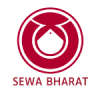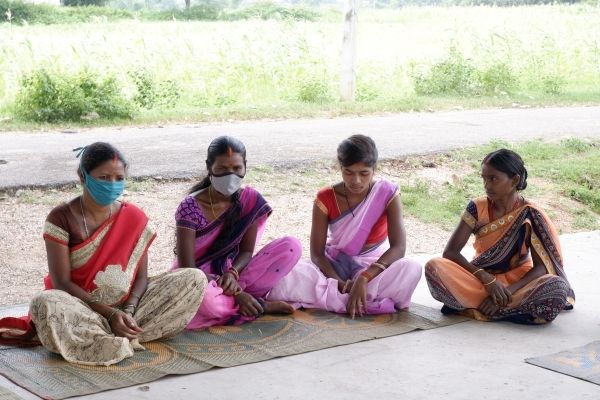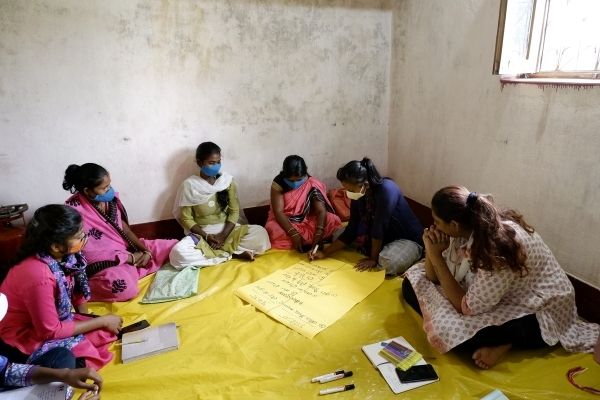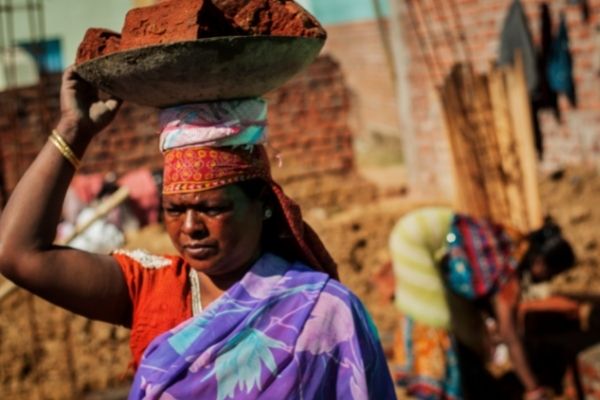Community Leaders and Agents of Change
Since its founding, SEWA has relied on a decentralized model to bring together women workers and address their needs. The cornerstones of this decentralized model are grassroots leaders called Aagewans.The term aagewan is derived from Gujarati, and is a portmanteau of the phrase “aage aane waali ben” (the sister who came forward), and essentially describes women who volunteer to represent and lead their communities. A leader among their peers, aagewans share the same precarious conditions as the women they represent. These women however take on the mantle of leadership and self-select into positions of responsibility for their communities, stepping forward to carry on the work that their communities need, and become advocates and grassroots champions for the women around them, and by extension the entire community.
Our Approach
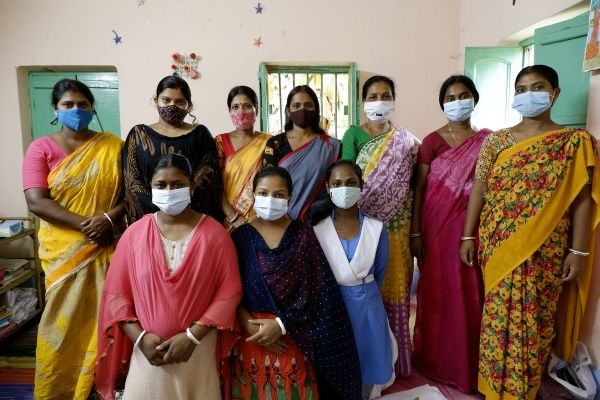
- Leadership Training: Identifying women who will become leaders is critical to the work SEWA does. Community organisers and mobilisers work within communities to identify women with leadership qualities unique to their economic situations, and actively invest in helping these women become agents of change within their communities. Aagewans are encouraged to build bridges and networks within their local contexts, and lead their communities.
- Capacity Building: SEWA builds the capacity of leaders through continuous training and handholding support.
